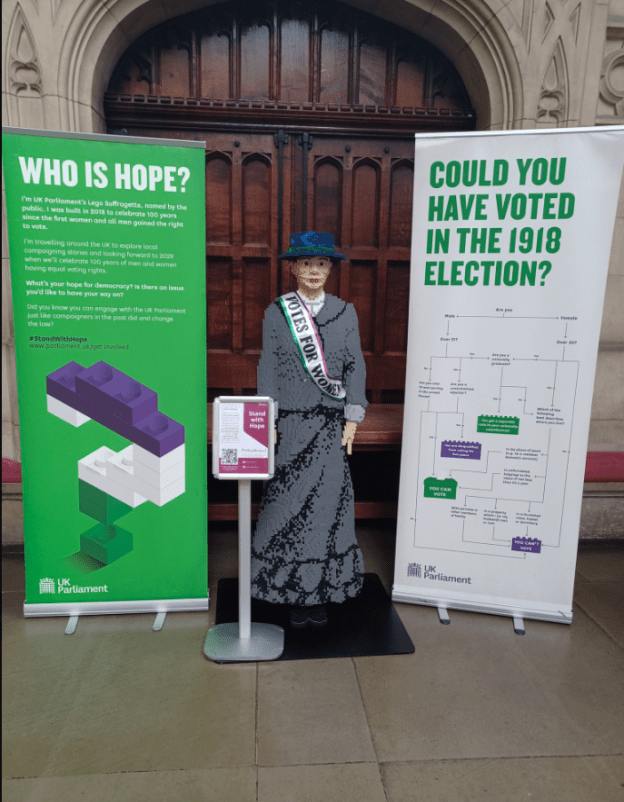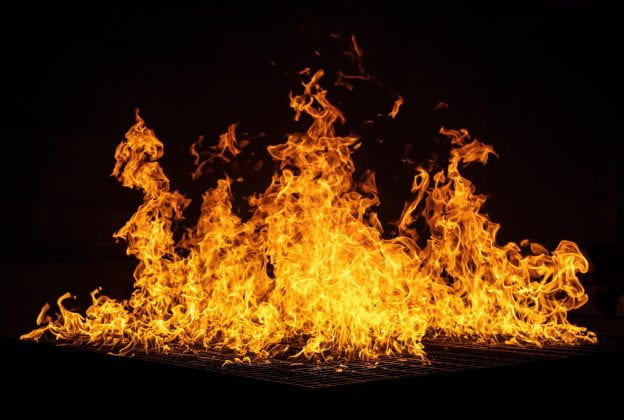Gwen Seabourne, ‘Friends and enemies: ‘suffragette’ incidents in Abergavenny, 1913’
(abstract of a paper given at the University of Bristol Law School, June 2014)
The National Eisteddfod of Wales was held in Abergavenny in August 2013, and, leading up to it, there seemed to be particular reasons to suspect trouble: the militant suffragettes’ arson campaign was at its height. Wales, Abergavenny and the Eisteddfod had been targeted in the recent past, and two suffragette hate-figures, Reginald McKenna, the Home Secretary (and north Monmouthshire MP) and Lloyd George, Chancellor of the Exchequer, were expected. An anonymous Welshman threatened, in a letter to the press, to shoot any suffragette attempting to disrupt the Eisteddfod. Extra police were hired and other security precautions taken.
There was, in fact, no direct attack on the Eisteddfod. Suffragettes were, however, reportedly present, leafleting. There was some apparently genuine destruction by ‘militant suffragettes’ in Abergavenny (the burning of a cricked pavilion and a hayrick), and also an case of a young man from Abergavenny creating a hoax ‘suffragette’ incident in nearby Llangattock shortly afterwards.
Until comparatively recently, there was an accepted narrative that suffrage campaigning, and particularly militant violence, was largely not acceptable to liberal, nonconformist Wales. It was not, however, entirely true, and it bears some reconsideration: see the painstaking work of Beddoe, Masson, Johns and Wallace,
The Abergavenny cases are good correctives to a too simple view of Wales as not interested or hostile to ‘the cause’ and the WSPU militants in particular as disruptive middle class English imperialists trampling all over cherished Welsh cultural institutions. It is worth considering why setting up this opposition was and has remained attractive.
‘Welshness’ is not and was not, in any case, an unproblematic thing, so that it is unrealistic to expect (or construct) a single ‘Welsh’ response to, or view of, suffragettes. And if Welshness in general is problematic, it is particularly so in Monmouthshire in general, and Abergavenny in particular: one only has to look at the Abergavenny Chronicle’s reports of wrangling over the holding and financing of the Eisteddfod there to see that that is true.
It is interesting to note, by way of postscript, that the version of Welshness of the Eisteddfod, with its emphasis on the language would have its own ‘militant’ phase, half a century and more later.
[I plan to publish a full – length paper on this topic in due course. For further reading, see, in particular, A.V. John, ‘Run like blazes: the suffragettes and Welshness’; and R Wallace, The Women’s Suffrage Movement in Wales, 1866-1928 (Cardiff, 2009).]


